
NVivo Podcast Episode 13: Participatory research methods
I was invited to contribute to the NVivo Podcast Between the Data. My contribution was published as Episode 13 "Participatory research methods with identity boxes, photographs and Lego".
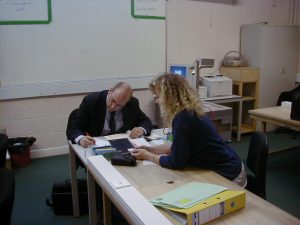
Supervising PhDs: Atypical in more than one way
This is an extract from a guest post on the Supervising PhDs Community Blog. In the post, I discuss what research supervisors can do to support doctoral students who may have disabilities, chronic illnesses and/or neurodiversities.
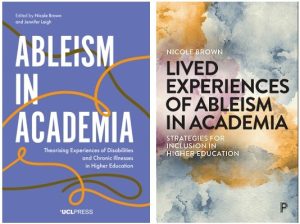
Recordings of ableism events and keynotes
It is with great excitement and pride that I share a list of scheduled ableism events. Celebrating the launch of my two edited books, find here events about Ableism in Academia.

Disability History Month interview
In this short video, I am answering 5 interview questions on the occasion of the Disability History Month.
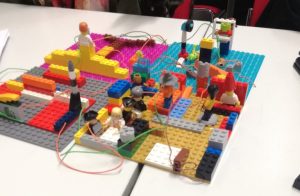
Supervising PhDs: Creating a sense of belonging
This is an extract from a guest post on the Supervising PhDs Community Blog, which I co-authored with Dr Jo Collins from University of Kent. In the post, we explore what research supervisors can do to help develop a sense of belonging amongst their doctoral students.
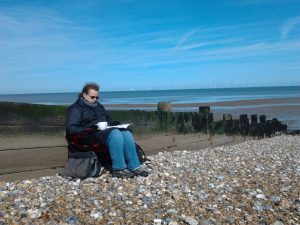
Supervising PhDs: Dealing with ‘atypical’ students
This is an extract from a guest post on the Supervising PhDs Community Blog, where I explore the experience of "atypical" students, and what research supervisors can do to better support those "atypical" students.
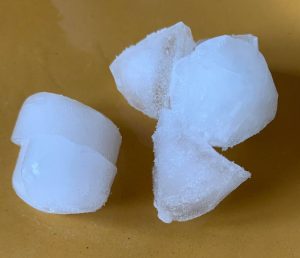
Ice breakers: starting lessons or meetings
This post is about ice breakers, and how we can plan for starting a session effectively without distracting from our contents.
Liberating the Curriculum: Ableism in Academia
This is an extract from a guest interview on the Liberating the Curriculum website of UCL published in relation to my ableism in academia work. In this post, I reflect on my ableism work, how I came about to take a leading role in the activism around ableism in academia.
Conferencing “disabled style”
This is an extract from a guest post on the Conference Inference blog published upon invitation in relation to my ableism in academia work. In this post, I illustrate what it means to do conferencing "disabled style", when your body and/or mind are not typical, and what the realities are of navigating and negotiating conference spaces under the influence of visible and invisible conditions.
Disclosure Dances in Doctoral Education
Disclosure dances - I am inviting you to take in part in my research project. Information, contact details and consent form available from here.
Bodies and buildings: How the chronically ill or disabled experience buildings in academia
Bodies and buildings - I am inviting you to take in part in my research project. Information, contact details and consent form available from here.
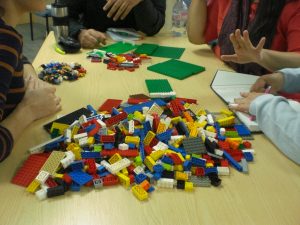
LEGO® reflections in Higher Education
This is a guest post on the Advance HE website published after I had delivered a successful workshop at the HEA Annual Conference demonstrating how to use LEGO reflections in higher education.
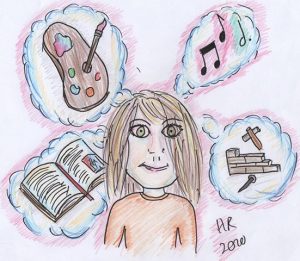
Guest post: Creativity in the Curriculum – An Exam Production-Line
In this guest post Dr Helen Ross reflects on the exam production line of our current school system.
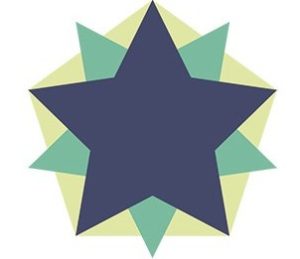
NADSN Position Paper
The National Association of Disabled Staff Networks (NADSN) has produced a COVID-19 post-lockdown position paper. In this paper, NADSN’s observations about the lived experiences of disabled people during COVID-19 are discussed alongside considerations of the changing workplace and relevant policies and practices. The paper concludes with a series of recommendations concerning disabled staff.
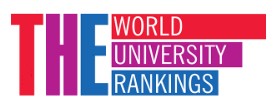
Invisible disabilities in academia
This is a contribution to Times Higher Education from February 2018 about invisible disabilities in the higher education sector.

Strategies to manage academic life
This is a post I wrote in July 2018 about how neurodiverse, chronically ill and disabled academics manage their academic life. This was published as a guest post on the Chronically Academic blog.